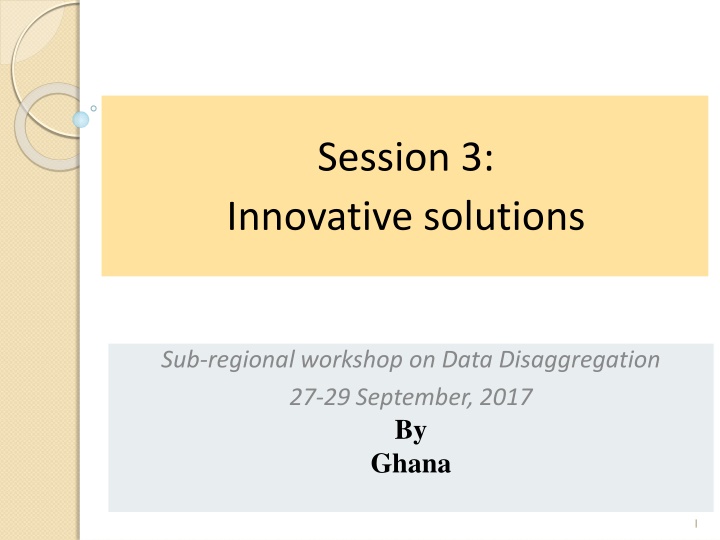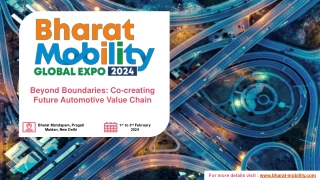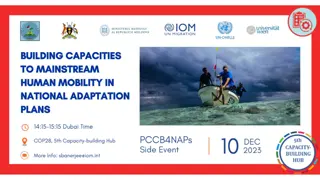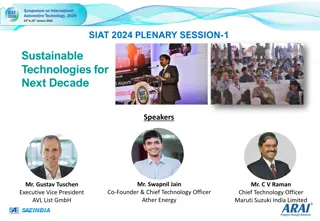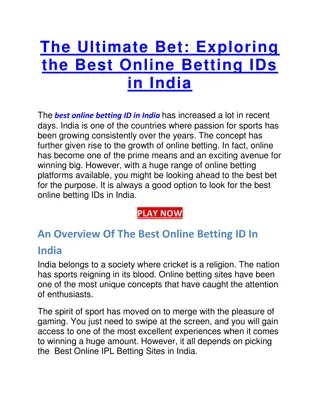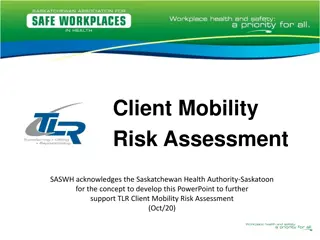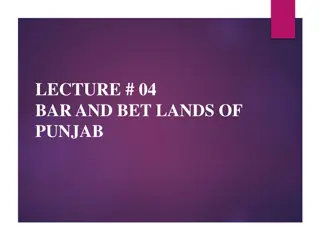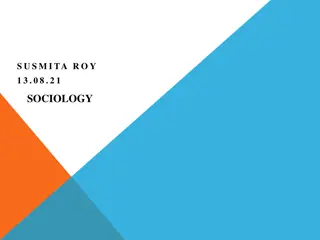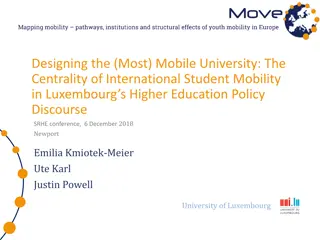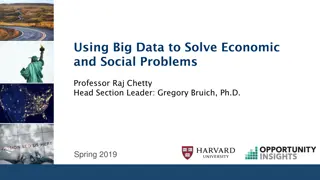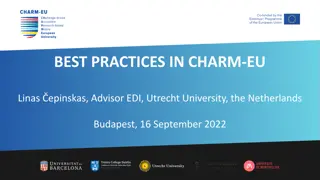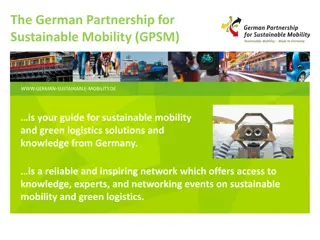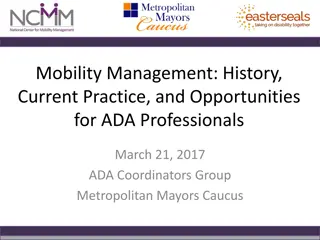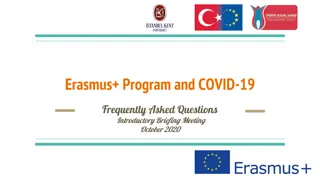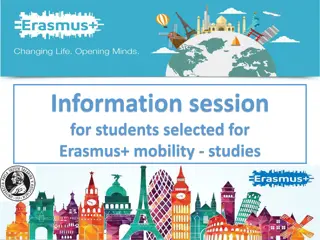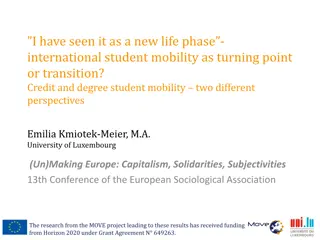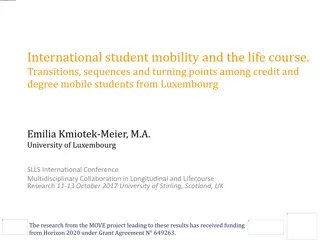Co-Creation of Inclusive Digital Mobility Solutions with Erzsébet Földesi
Consultant on Disability discusses societal approaches to disability, implications of medical vs. social models, human rights perspective, and UN Convention obligations. The focus is on creating accessible environments through universal design.
Download Presentation

Please find below an Image/Link to download the presentation.
The content on the website is provided AS IS for your information and personal use only. It may not be sold, licensed, or shared on other websites without obtaining consent from the author.If you encounter any issues during the download, it is possible that the publisher has removed the file from their server.
You are allowed to download the files provided on this website for personal or commercial use, subject to the condition that they are used lawfully. All files are the property of their respective owners.
The content on the website is provided AS IS for your information and personal use only. It may not be sold, licensed, or shared on other websites without obtaining consent from the author.
E N D
Presentation Transcript
Session 3: Innovative solutions Sub-regional workshop on Data Disaggregation 27-29 September, 2017 By Ghana 1
Introduction Data are the lifeblood of decision- making and the raw material for accountability. Without high-quality data providing the right information on the right things at the right time, designing, monitoring and evaluating effective policies becomes almost impossible. (United Nations, IEAG on a Data Revolution, A World that Counts, 2014)
In Ghana, the NSO has been leading a process to identify the current state of data availability for the SDGs, engaging with stakeholders from different sectors and government in the cycle of data production and use of official statistics. This collaboration attempt to chart a data roadmap in aligning timely data production to its use in the most efficient ways.
Mobile Network Data One innovative solution emerging is a project which will anonymize and analyze Call Detail Records (CDR) to produce more frequent and disaggregated information. Mobile users include nearly everyone . Mobile phones have changed the paradigm for how people obtain services, access information, and connect with friends and family
Mobile Network Data contd Mobile network data generate data and when harnessed well become information resource in this era of big data Mobile money services are increasing enabling the unbanked to access banking services Use of mobile apps for geographical location and trade
Partnership Partnership with Flowminder (NGO), NCA, Telecoms, Data Protection Agency etc develop the capacity of GSS to receive new dimensions of official statistics under a project The Ghana Aggregated Mobile Network Data Analysis for Public Benefit contemporary and detailed reports of aggregated population data on access to basic services across the country will be generated from the CDRs
Currently, data on access to basic services at district level is collected only during the censuses (every 10 years) and at regional level through periodic surveys. This methodology will allow GSS to produce much more timely estimates at lower levels of geographic disaggregation to inform planning around service provision at the district and other lower levels
Categories of data expected Mobility: records are produced that can reveal community or population-level movements tracking internal migration flows for urban planning Social Interaction. Information about how groups of individuals engage with their social community, to understand behavior and socio-economic trends
Categories of data expected contd Economic Activity. Monthly airtime top-up patterns, consumption of value-added services (VAS), use of mobile financial services to extrapolate the economic health and resilience of a community Activities starts from 2018
Innovation II The roll out of the National Identification system GhanaCard by the President last week for everybody living in Ghana. NIS will be linked to birth registration system.
Civil Registration Project There was an assessment of the civil registration and vital statistics (CRVS) system Ghana piloted an automated mobile birth registration system (called M-birth) in 2016 Project was a partnership between government, a private sector mobile phone operator and a development partner which hinged on use of technology.
Civil Registration Project contd In 8 months in 8/10 regions , the national coverage for birth registration for children 0-12 months increased from 58 to 63 percent. Increase quite significant and the NIS which requires everyone to have a GhanaCard will also increase the birth registration in the country.
Leveraging technology to increase the availability of quality data through partnerships and collaborations is one important step to ensure we deliver and achieve the SDGs.
END OF PRESENTATION Thank you for attention
